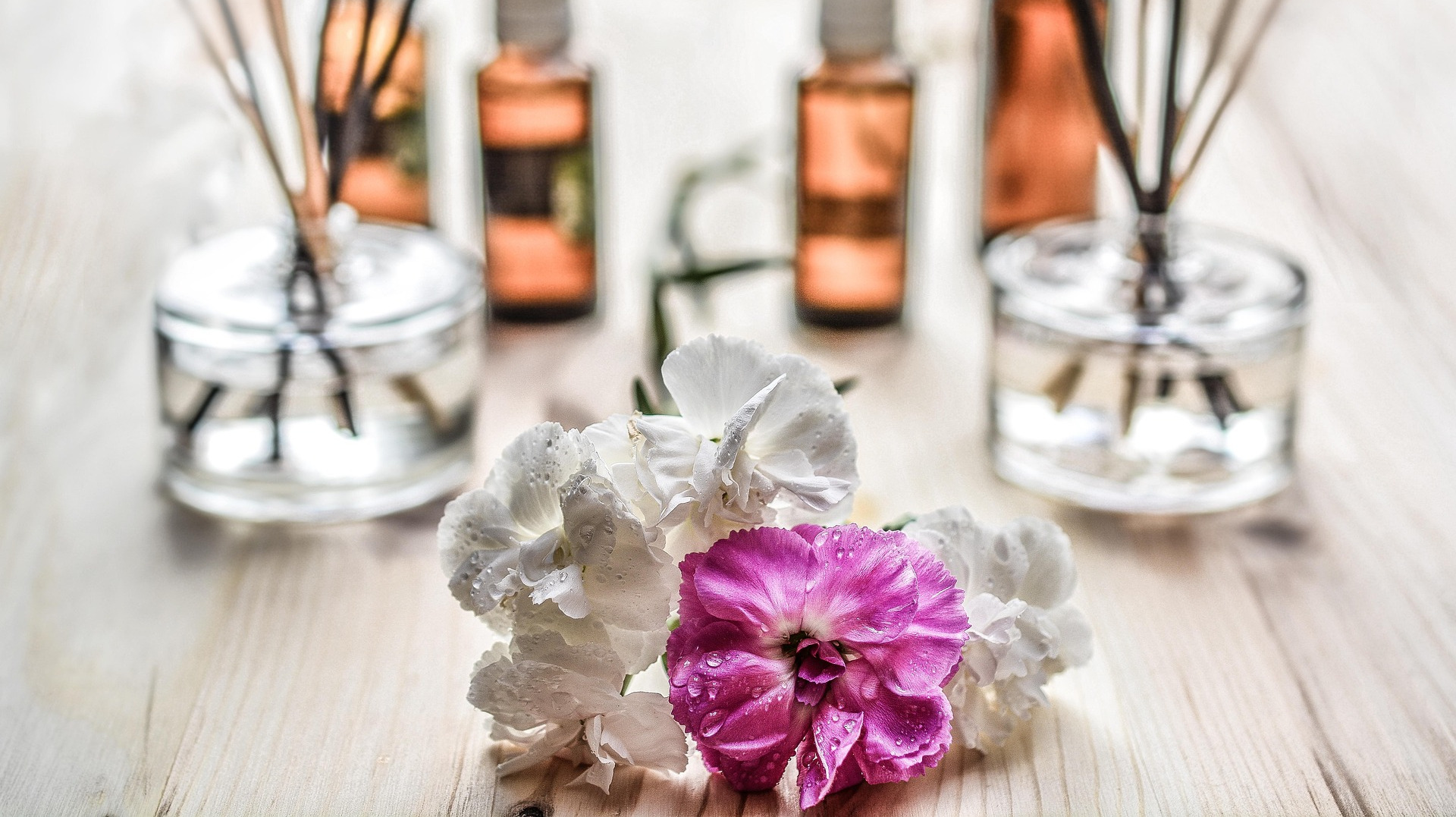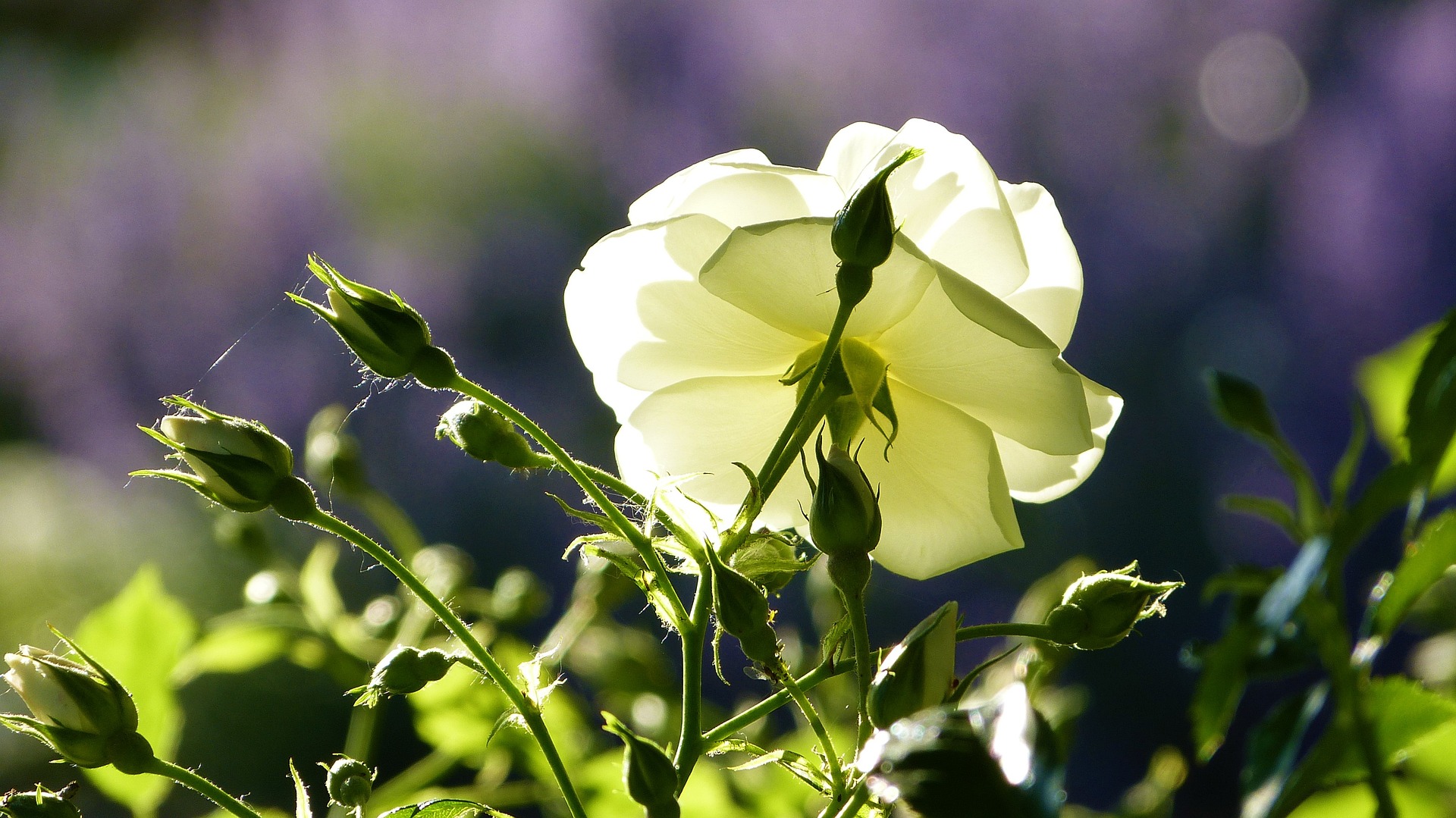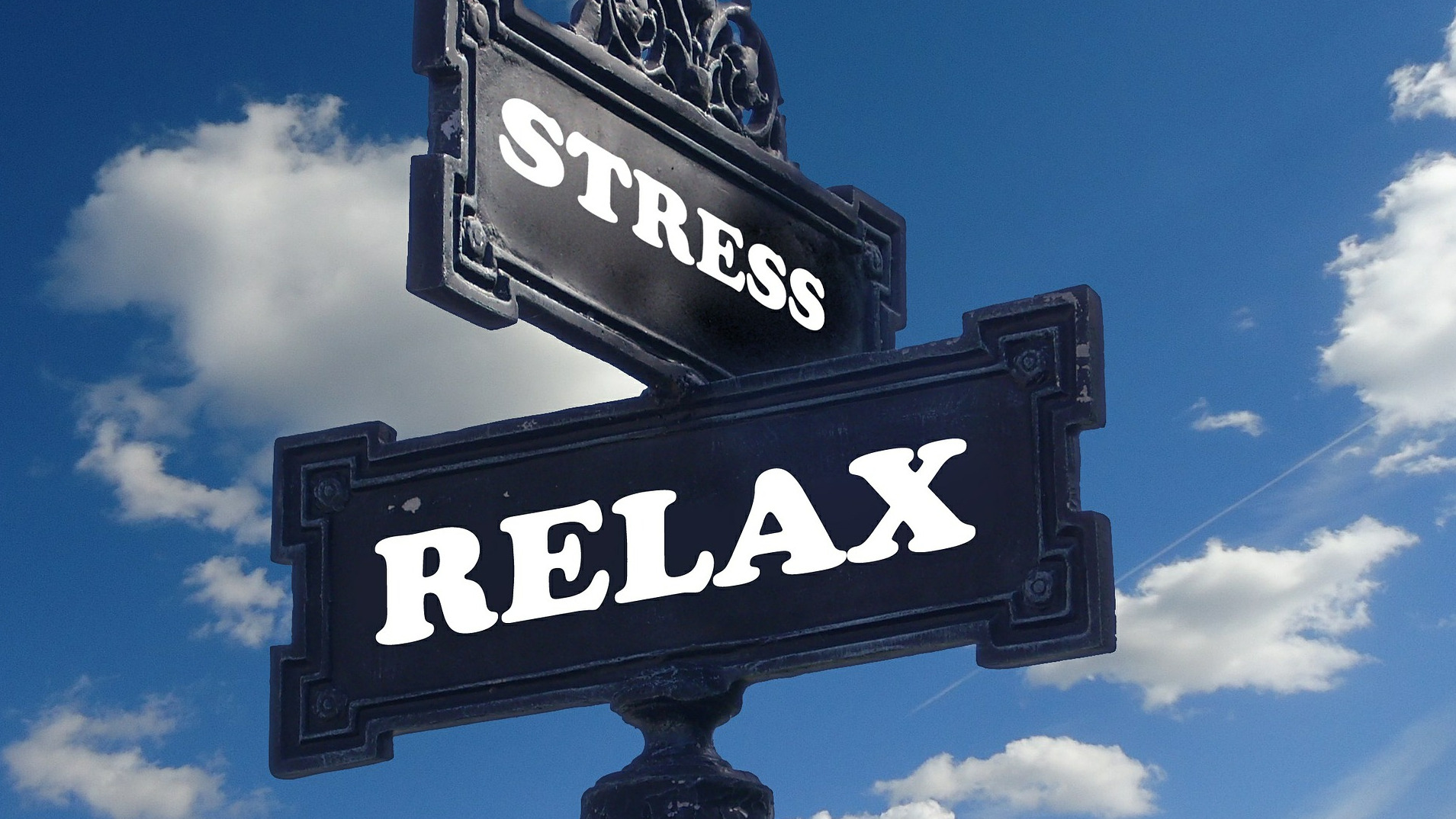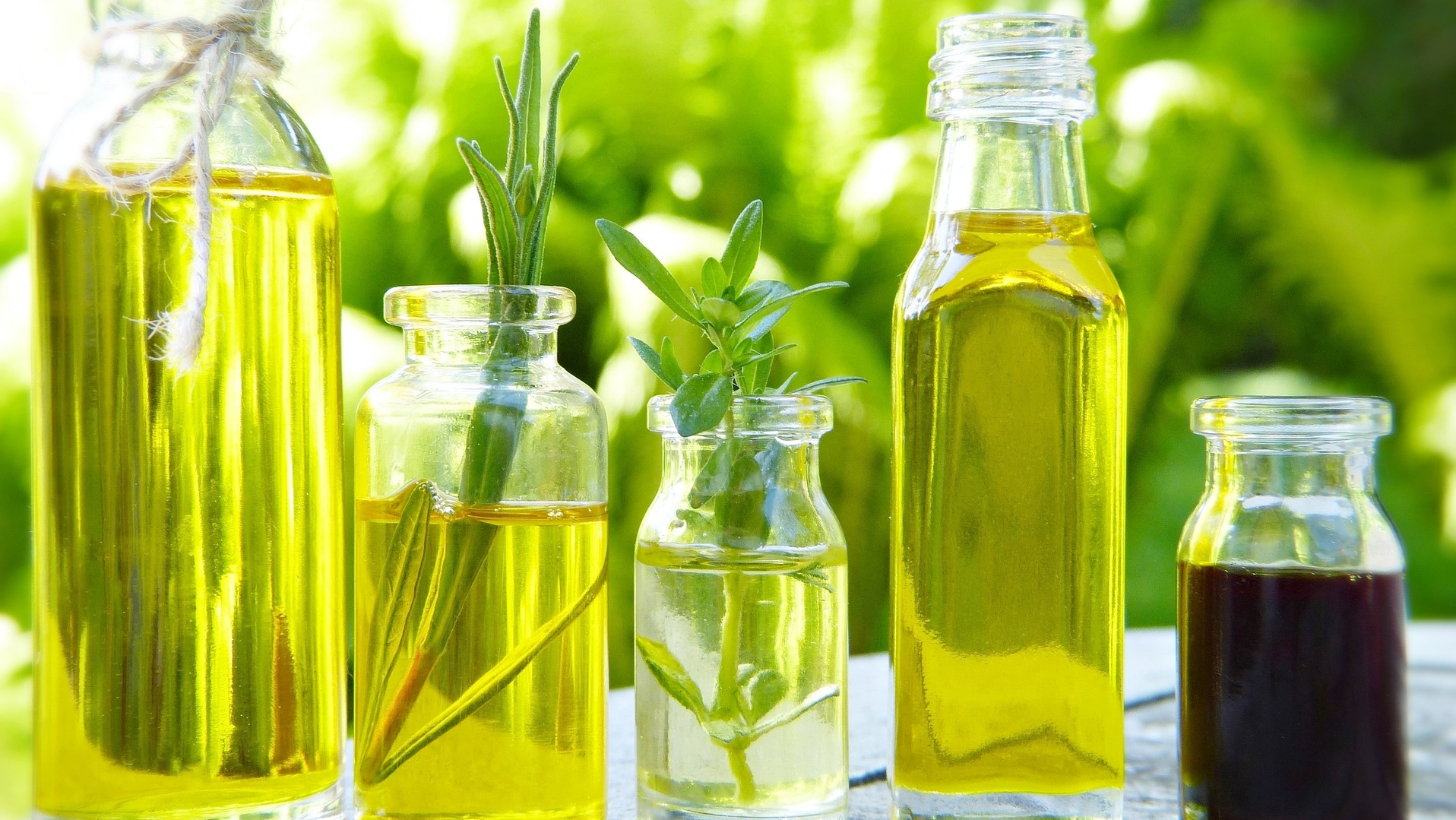Healing Benefits of Aromatherapy
Aromatherapy is the practice of using highly concentrated plant extracts (called essential oils) to promote physical, mental, and emotional well-being. These oils can be inhaled, applied to the skin when diluted or used as room fragrances. This ancient practice has existed for thousands of years, with roots in Egyptian, Chinese, and Indian medicine.
While essential oils have been used for millennia, the term "aromatherapy" was first coined in 1928 by French chemist René-Maurice Gattefossé. Due to his research on essential oils ' medicinal properties, he is considered the father of modern aromatherapy. His most famous discovery was lavender oil's ability to heal burns and wounds with minimal scarring.
How Aromatherapy Works
Essential oils are believed to interact with the body in two primary ways:
- Through inhalation – When you inhale an essential oil, its aromatic compounds stimulate the olfactory system (the part of the brain linked to smell). This sends signals to the limbic system, which controls emotions, memory, and mood. This is why some scents can
- Through topical application – Essential oils can penetrate the skin and enter the bloodstream, interacting with the body's systems. Some oils have antimicrobial, anti-inflammatory, or soothing effects when properly diluted with a carrier oil.
Health Benefits of Aromatherapy
Aromatherapy is used for a wide range of health concerns, including:
- Stress and Anxiety Relief – Essential oils like lavender, chamomile, and frankincense promote relaxation and emotional balance.
- Headache and Migraine Relief – Peppermint and eucalyptus oils can ease tension headaches and sinus pressure.
- Better Sleep – Oils like lavender, valerian, and sandalwood encourage restful sleep and relaxation.
- Improved Digestion – Ginger and peppermint oils help soothe nausea, bloating, and indigestion.
- Respiratory Support – Eucalyptus, tea tree, and rosemary oils can clear congestion and support lung function.
- Pain Relief – Oils such as clove, ginger, and wintergreen have natural anti-inflammatory and analgesic properties.
- Boosted Immunity – Lemon, tea tree, and oregano oils possess antiviral and antibacterial properties that support the immune system.
How to Use Essential Oils
Aromatherapy is a simple yet powerful way to support your well-being naturally. Whether you use essential oils to relax, boost energy, ease pain, or support immunity, they can be a wonderful addition to your self-care routine. Experiment with different essential oils and blends to find what works best for you!
Inhalation
Simple ways to inhale essential oils include:
- Sniffing directly from the bottle for a few seconds.
- Add a few drops to a tissue or cotton ball and inhale.
- Using a diffuser or humidifier to disperse the aroma in the air.
- Add a few drops to a bowl of hot water and inhale steam under a towel for congestion relief.
Topical Application
Essential oils should never be applied directly to the skin. Instead, they should be diluted in a carrier oil such as:
- Sweet Almond Oil
- Jojoba Oil
- Coconut Oil
- Olive Oil
A safe dilution for adults is about 12 drops of essential oil per ounce of carrier oil (2% dilution). For children or sensitive skin, a 1% dilution (6 drops per ounce) is recommended.
Common ways to apply essential oils topically:
- Massage – Mix essential oil with a carrier oil and massage into sore muscles or joints.
- Pulse Points – Apply diluted oils to wrists, temples, and the back of the neck for stress relief.
- Foot Soak – Add a few drops of essential oil to a basin of warm water to soothe tired feet.
Aromatherapy Bath
Adding essential oils to a bath is a great way to relax while benefiting from inhalation and skin absorption. Always dilute essential oils before adding them to bathwater:
- Mix 6 to 10 drops of essential oil with 1 tablespoon of carrier oil before adding it to the tub.
- You can also mix essential oils with Epsom salt, sea salt, or baking soda for a luxurious bath soak.
Aromatherapy Precautions
While essential oils have many benefits, they must be used with caution:
- Always dilute essential oils before applying to skin to prevent irritation or burns.
- Avoid certain oils if you are pregnant (like clary sage, rosemary, and cinnamon).
- Be mindful of allergies and sensitivities – do a patch test before use.
- Never ingest essential oils unless under the guidance of a trained professional.
- Keep oils away from pets – some oils (like tea tree and citrus) can be toxic to cats and dogs.
DIY Aromatherapy Recipe Blends
Here are some easy essential oil recipes you can try at home:
Relaxation Blend (Stress Relief & Sleep Aid)
- 3 drops Chamomile
- 2 drops Frankincense
- Diffuse in your bedroom before sleep or add to a carrier oil and massage onto your skin.
Energy Boost Diffuser Blend
- 3 drops Lemon
- 2 drops Peppermint
- 2 drops Rosemary
- Diffuse in the morning or while working for an energizing effect.
Sinus & Congestion Relief Steam Inhalation
- 3 drops Eucalyptus
- 2 drops Tea Tree
- 1 drop Peppermint
- Add to a bowl of hot water, cover your head with a towel, and inhale for 5-10 minutes.
Headache & Tension Relief Roll-On
- 10ml Jojoba Oil (or another carrier oil)
- 3 drops Peppermint
- 2 drops Lavender
- 1 drop Eucalyptus
- Mix in a roller bottle and apply to temples, forehead, and the back of the neck.
DIY Aromatherapy Room Spray
- ½ cup distilled water
- 1 tablespoon witch hazel or vodka (helps mix the oils)
- 10 drops Lavender
- 5 drops Orange
- 5 drops Cedarwood
- Combine in a spray bottle and use as a natural air freshener.







